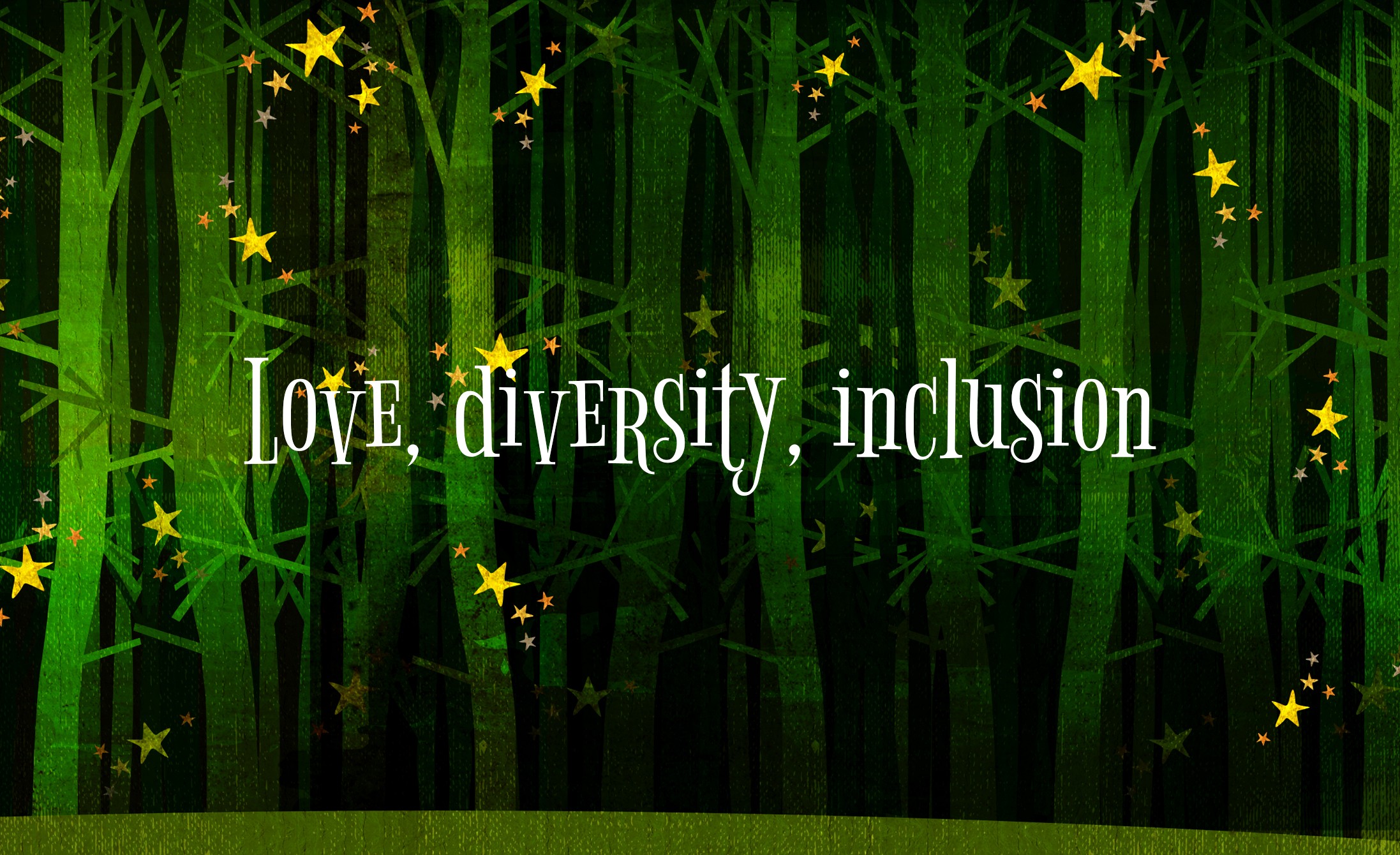Last time you were introduced to Martina, the psychologist in Matamua’s team. She told you more about the intuition that brought the project to life.
Today, instead, you will be reading the story of the author of the book.
Let’s introduce you to Bea!
My name is Beatrice Mele, I live in Rome and work as a journalist and editor-in-chief for an historic magazine.
I am author for Matamua and take care of communication, as well as of finding new stories to tell.
Where I started from
Love, diversity, inclusion. These are my three key words to tell «Once upon a now». They are valuable. And starting right from them, I understood how necessary it is to work in order to change a mentality that wants to keep assisted reproduction a taboo.
All people are equal when facing an assisted reproduction journey. To me, this is a beautiful message
Beatrice Mele
We wish that parents can start a discussion with their children with love, telling a story about diversity and encouraging inclusion. We believe that learning to see things from new perspectives as a child is essential to prevent future discrimination. And we, as adults, have the task to show kids how to do that.
Where I am heading to
As we know, different kinds of families exist today: single parent, hetero and homoparental ones. The objective that I share with Martina, Raquel and Alvaro is to help adults overcome prejudices on assisted reproduction by means of a fairy tale that, besides having a clear social vocation, can entertain and educate children.
At the same time, we aim at reaching people that are sensitive to this issue and could help us spread our message: people that are wishing to tell their children, grandchildren and relatives that families can have many forms and different ways to be built.
Where I would like to get
With Matamua, we would like to get to all those schools interested in adding to their educational pathways the opportunity to teach such subjects, which are essential in an ever-changing society – but were never included up until now.
«Once upon a now» was created to normalize an existing situation which is widely spread: we believe that society as a whole would benefit from this.


